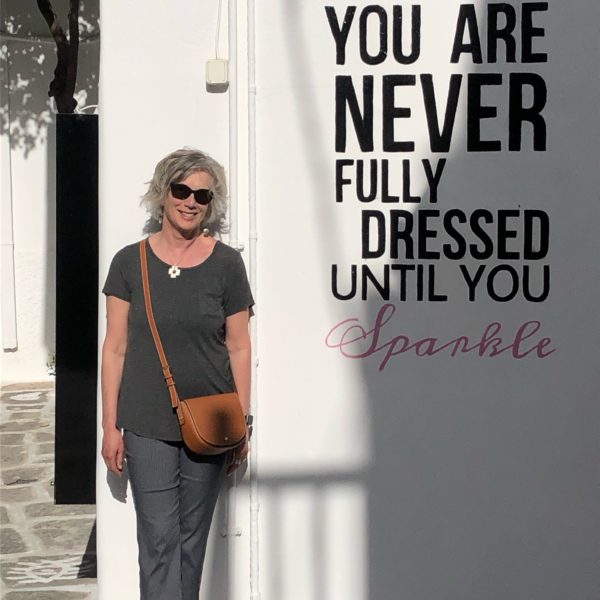
Yesterday Kevin and I drove south and deep into the past.
The Gulf of Georgia Cannery was built in 1894. It was built in a time where it was believed the salmon would just keep coming forever; an inexhaustible resource.
Ah yes, those heady days of thinking everything was here for us and our limitless consumption (hmmm…I just thought about oil and water and coal and trees and current fishing methods…I guess we might not be out of that mode of thinking quite yet).
Still. We hadn’t been out to the Gulf of Georgia Cannery in ages and the exhibit is provactive, yet accessible. Embedded within the displays is the cultural mindset that reminded us of how we treated women, the Chinese, the First Nations people, the Japanese and pretty much anyone who wasn’t white, male and European.
Oh my, if Canada were suddenly transformed into a man, he’d be in therapy for all his transgressions, and hopefully, spending a little time on his knees seeking some forgiveness. At the very least, we/Canada need to learn from our mistakes.
However, it’s not all sturm and drang. There are fun and interactive aspects to the museum. It was cool to see the machinery and wonder at what it must have smelled like in there when they were rendering the herring. YUK!
The little village of Steveston is a beautiful place to take a wander, grab a coffee or just sit on the dock and wonder what it all must have looked like back in the chaos of plenty.
It’s a headscratching visit, a chance to think about what future generations might be shaking their heads at when it comes to our current behaviour and handling of our resources.
I keep hoping that we’re learning from our past mistakes. We are, right?


Hi Colleen,
I would like to agree with you, but NO we are not learning from our past mistakes. We’ve become more sophisticated but the need to control eveything is still with us. Now salmon do not run freely, they turn round and round – 50,000 of them in a salmon pen until they are sucked out in a big pipe, killed, gutted and sent for processing. In 1894 they lived a normal life now they are farmed until there won’t be any left. We could witness this sad state of affairs – but don’t worry, Man, in all its glory, will find a substitute fish-related palatable foodstuff! This winter I had the opportunity to visit a Sardine Canning Museum in Norway started in 1879 in Stavanger. It was interesting to see the machinery and the scissors used by the “klippersker” the women cutters of the sardines’ heads until 1905.
Catherine, I think the saddest thing that has happened to salmon is those nasty fish farms. Salmon farming in British Columbia is a hotly-protested business. It’s a horror show for the salmon, with their attendant sea lice now invading the wild stocks, and for the resulting devastation of the marine life beneath those them that is killed as a result of those pens.
One of the crazier pieces to it all is that they are bringing ground up fish from South America’s food fishery to feed the salmon here. So, we not only deplete another country’s food-fishery, but then at great cost to the environment, we transport it all to feed our fish! There is actually a net loss of fish protein as a result.
I want to still hope that we will wake up…though some days my optimism gets a little beaten up by it all.
I like to think we are learning. Alas, we are still working on the template of the white male capitalist model… and the delusion that it is all just THERE for us. Steveston looks lovely, I’d like to go there. Next trip your way, we will.
Sarah, I think the ‘alas’ part of your comment is the sad-but-true fact. It’s the old definition of insanity; doing the same thing over and over and expecting different results. And yes, Steveston is a really great little place. Next time we’ll be riding our bikes out there. It’s a great route from downtown Vancouver. Perhaps we’ll do the ride together??